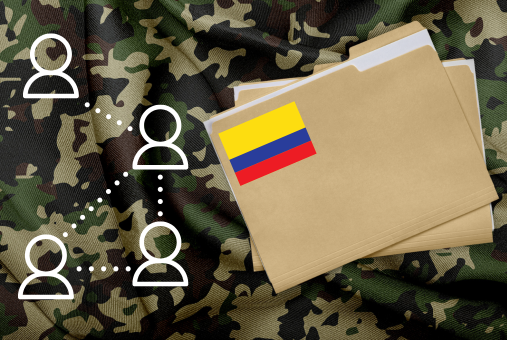
Nine military personnel were sanctioned for monitoring and profiling 130 people, including 30 journalists. But for investigative outlet Rutas del Conflicto, the punishment overlooks long-term harm.
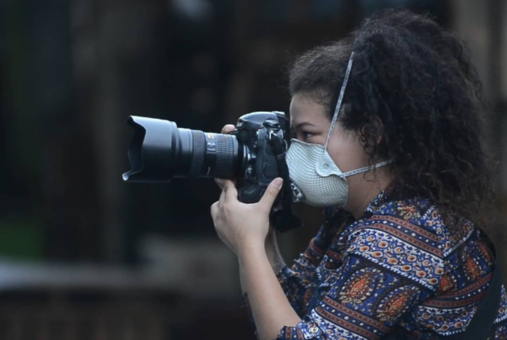
Although recognition of women photojournalists in Latin America has grown in recent years, the industry remains predominantly male. Recent data shows that only 22% of submissions to World Press Photo came from women.
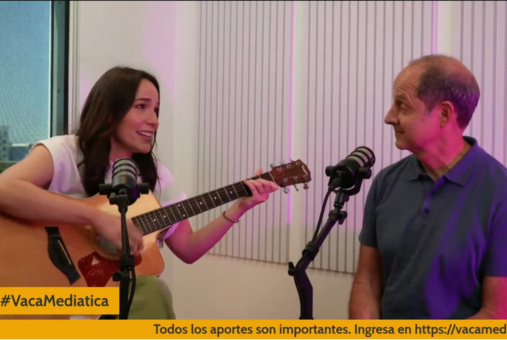
Independent journalism in Venezuela faces a serious crisis due to censorship, persecution and a lack of funding, a situation that has prompted solidarity initiatives such as the Vaca Mediática. This project seeks not only to fund journalistic work but also to send a message of unity and resistance in the face of repression.
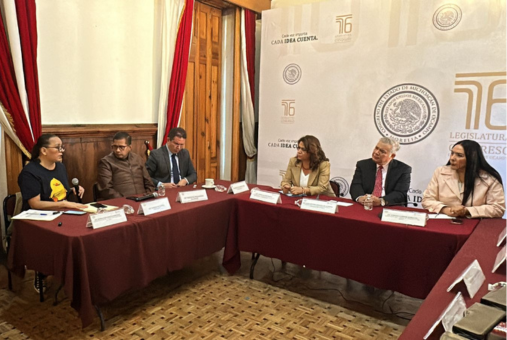
In Michoacán, journalists propose a law to criminalize hate speech after a reporter’s killing. In Puebla, a bill draws criticism for excluding journalist input and potentially restricting free expression.
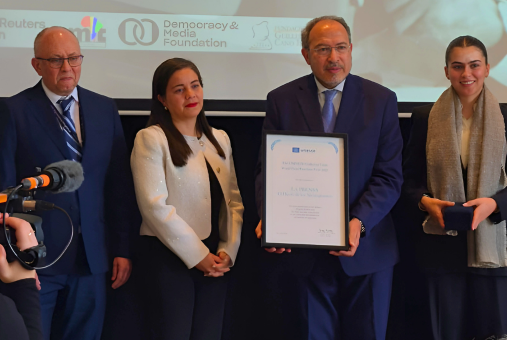
The Ortega-Murillo regime withdrew from UNESCO after it awarded its press freedom prize to the Nicaraguan newspaper. La Prensa General Manager Juan Lorenzo Holmann Chamorro said the regime’s reaction shows the importance of the paper's work.
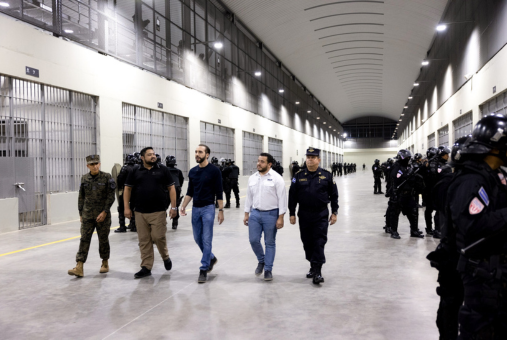
El Faro, the leading investigative outlet in El Salvador, says the government is preparing arrest warrants against its journalists following publication of interviews linking President Nayib Bukele’s political rise to support from gangs.

A new Reporters Without Borders report finds economic instability hurt the media industry in most Latin American countries last year. Nicaragua, under an increasingly repressive dictatorship, overtook Cuba as the region’s worst country for press freedom.
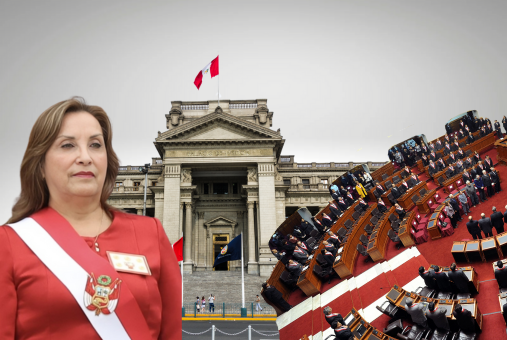
Press advocates say the three branches of the Peruvian government are targeting journalists with legal cases, legislation and verbal attacks.
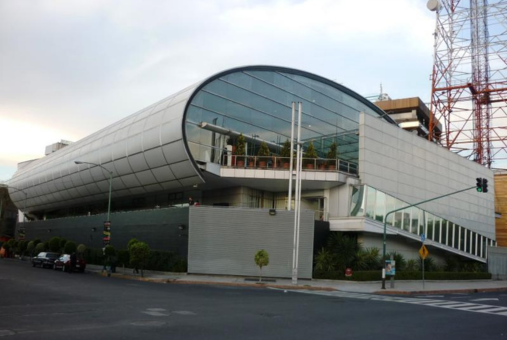
Mexico’s Aristegui Noticias reports that a major leak shows the powerful Televisa network ran a secret operation to manipulate public opinion and target judges, journalists, and even billionaire Carlos Slim.
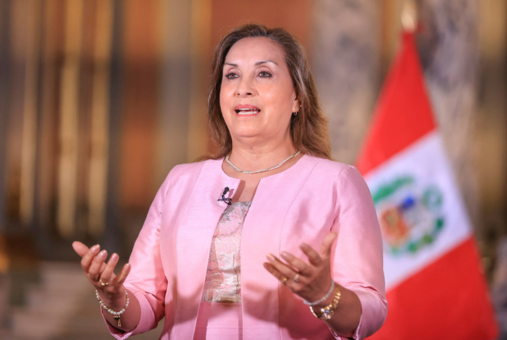
With approval ratings at just 4%, President Dina Boluarte enacted a law that places state oversight on media that receive international funding. The law is being compared to similar legislation from authoritarian regimes, in a context of increasing democratic deterioration in Peru.

Journalists from El Salvador, India, Hungary and Turkey share how autocratic regimes in their countries have weakened freedom of expression and offer U.S. journalists a glimpse of what may come.
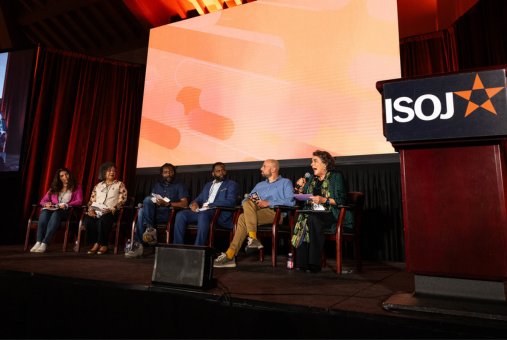
Reporters from Syria, Haiti, Malawi, Venezuela and Russia recounted restrictions on press freedom and journalism in their home countries, up to and including arrest and exile.